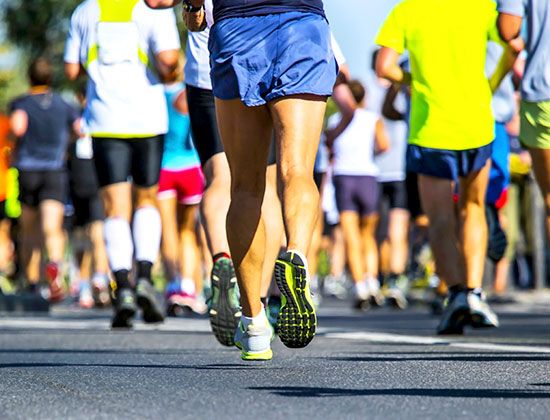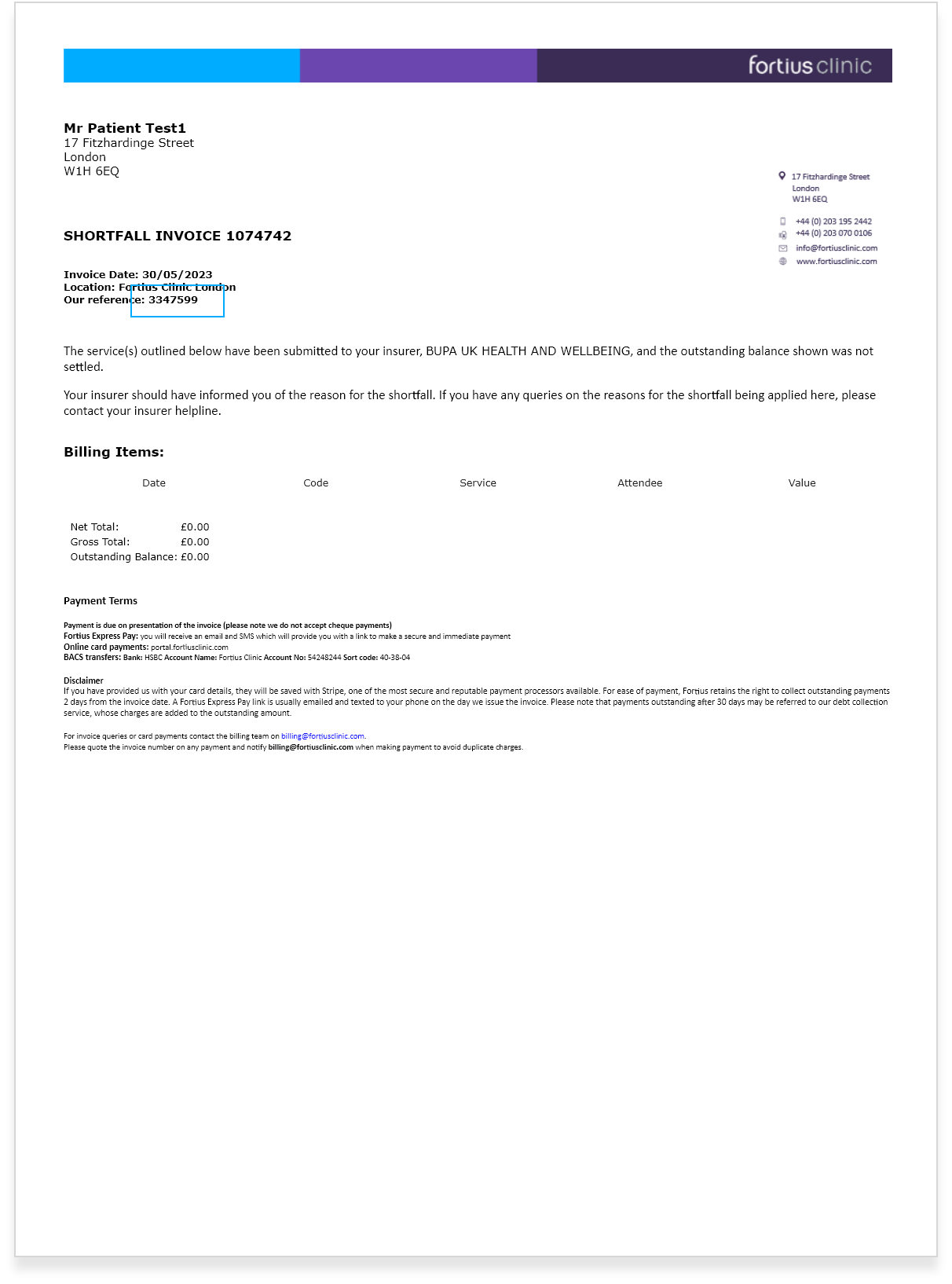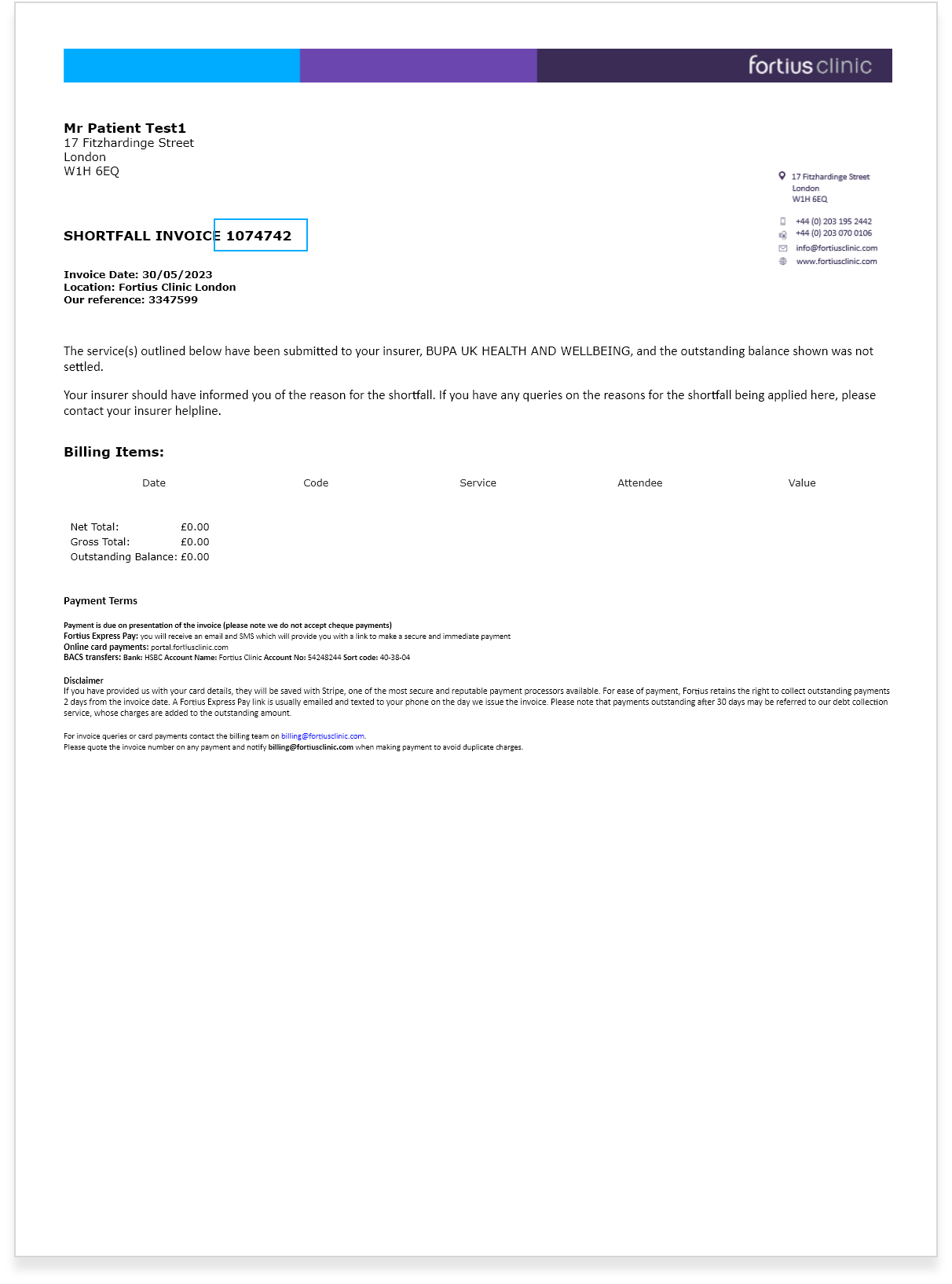Beat those blisters!
15 June 2018
Many methods of blister prevention have been tried and tested, over the years including powders, antiperspirants, lubricants, tapes and adhesive pads. But there’s little evidence to show that any of these methods work well, until now.
A team of emergency medicine doctors from Stanford University Medical Center decided to test the one method that endurance athletes had mentioned again and again: paper surgical tape.
Surgical tape, is a mildly sticky adhesive tape used in hospitals to cover wounds. A roll of paper tape will cost you pennies, is available in any chemist and can be applied by anyone.
For their study they chose the ultimate test: the seven-day, 155-mile Racing the Planet 4 Deserts Race Series that crosses deserts around the globe, including the Gobi Desert. Competitors must carry all their own equipment and food; they are only provided with water and a place in a tent each day, but are supported by professional medical and operations teams.
They recruited 128 runners participating in the six-stage ultramarathon. Surgical tape was applied to just one of each of the runners’ feet, in a smooth, single layer before the race and at subsequent stages of the race. The medical team then followed the runners for 155 miles over seven days. For 98 of the 128 runners, no blisters formed where the tape had been applied, whereas 81 of the 128 got blisters in untaped areas.
The results, showed that inexpensive surgical tape can successfully reduce the occurrence of foot blisters when it is applied to blister-prone areas before exercise. And because it is only mildly adhesive the tape doesn’t tear any blisters that do occur.
So if you’re worried about blisters, don’t spend a fortune on expensive supplies, just pop into your local chemist for some paper tape before you hit the road.
You can read more about the most common types of running injury here or read Podiatry pointers on long distance running from Anne Marie O’Connor, our Consultant Podiatrist.
The sports and exercise medicine team at Fortius Clinic, London, will take into account the severity of your injury, the amount of time left before your sporting commitment and how long your injury will take to heal when advising you on treatment and recovery programmes. To book a consultation call 020 3195 2442.
You can read more about the most common types of running injury here or read Podiatry pointers on long distance running from Anne Marie O’Connor, our Consultant Podiatrist.
The sports and exercise medicine team at Fortius Clinic, London, will take into account the severity of your injury, the amount of time left before your sporting commitment and how long your injury will take to heal when advising you on treatment and recovery programmes. To book a consultation call 020 3195 2442.


